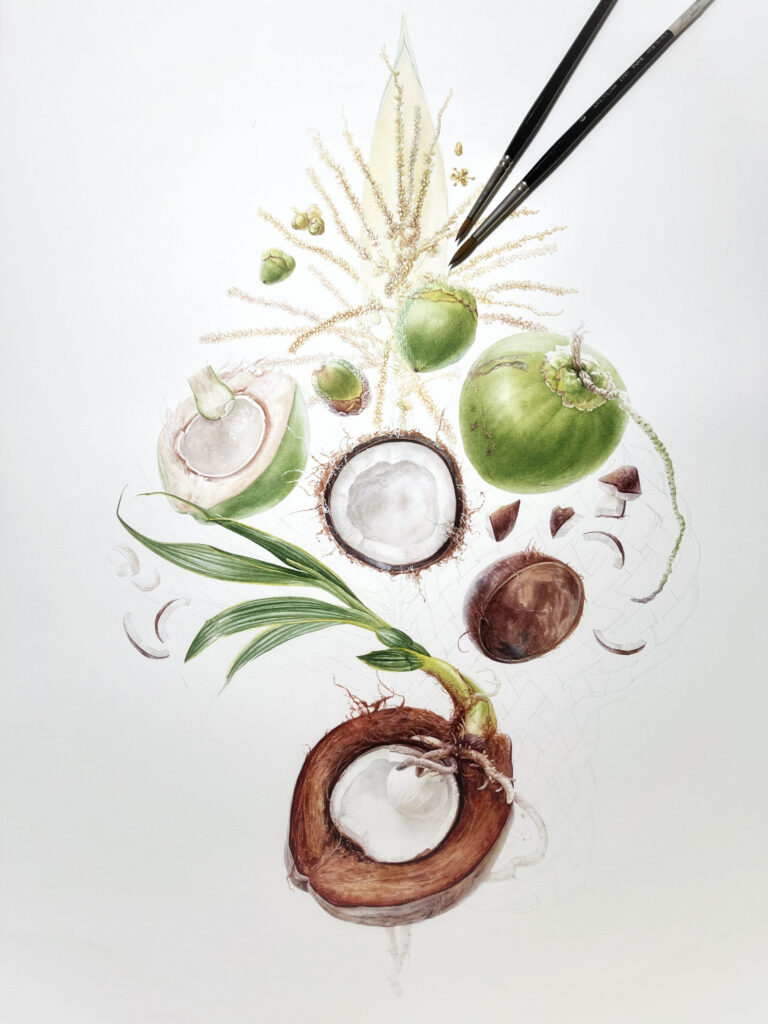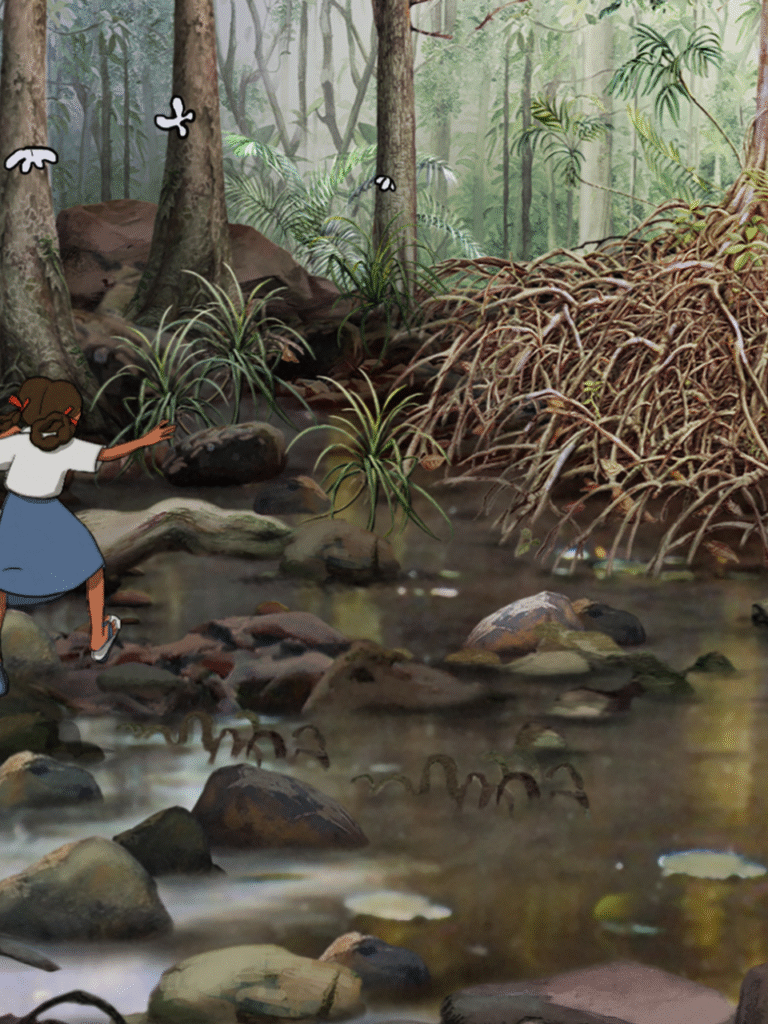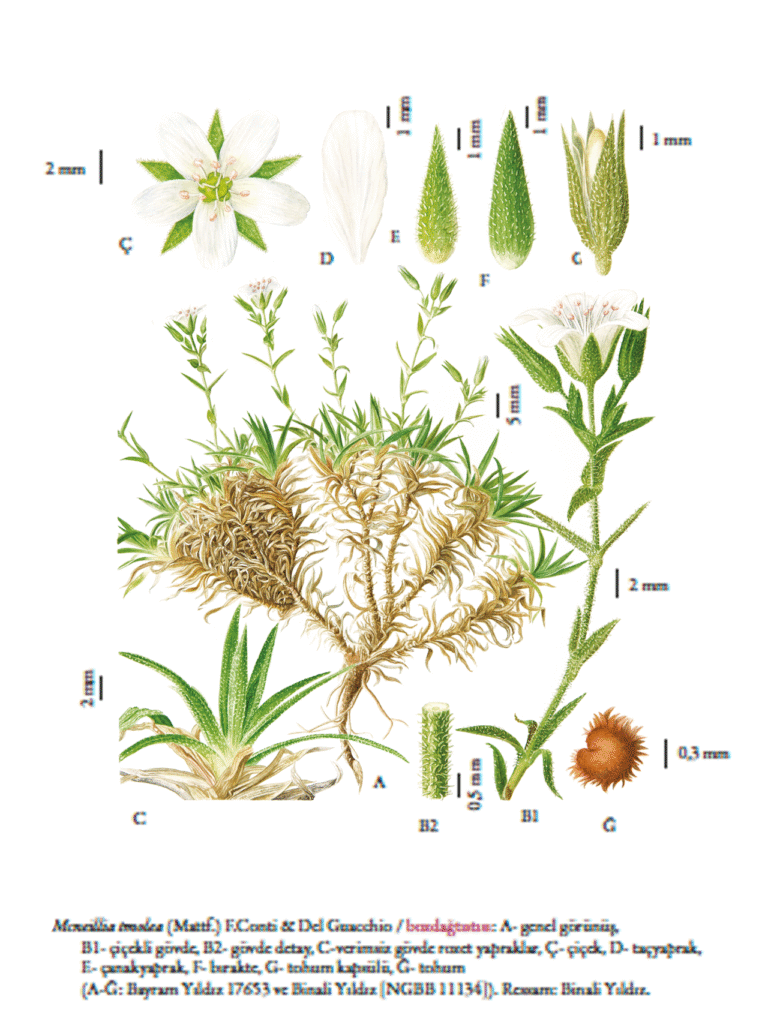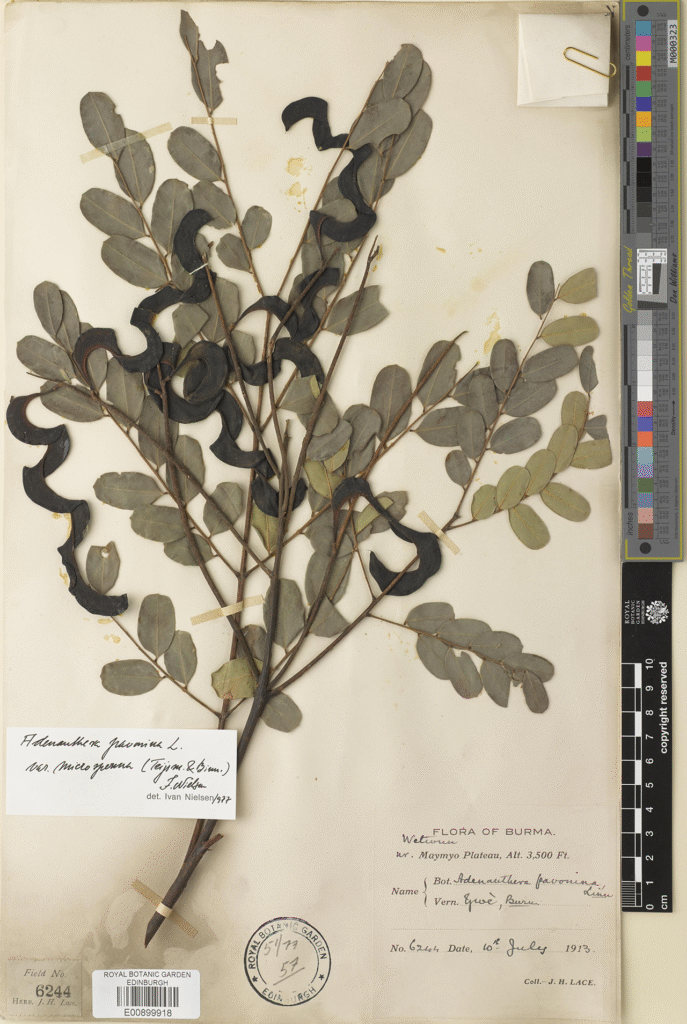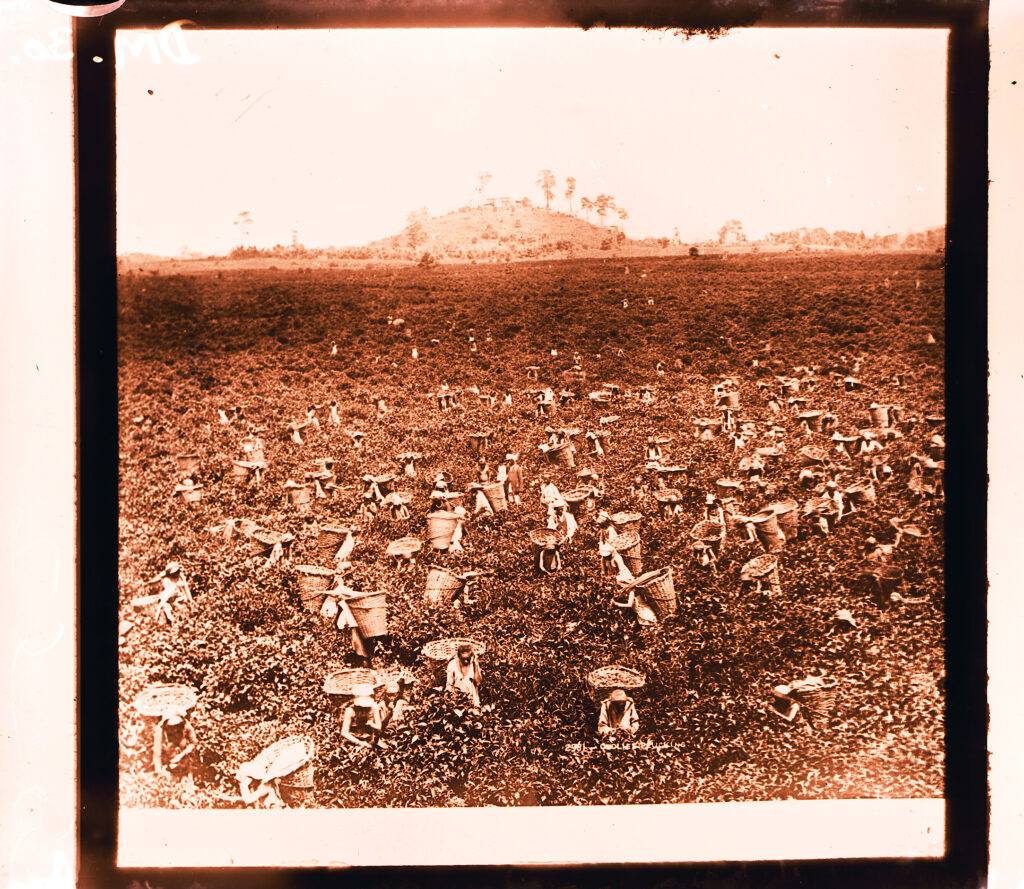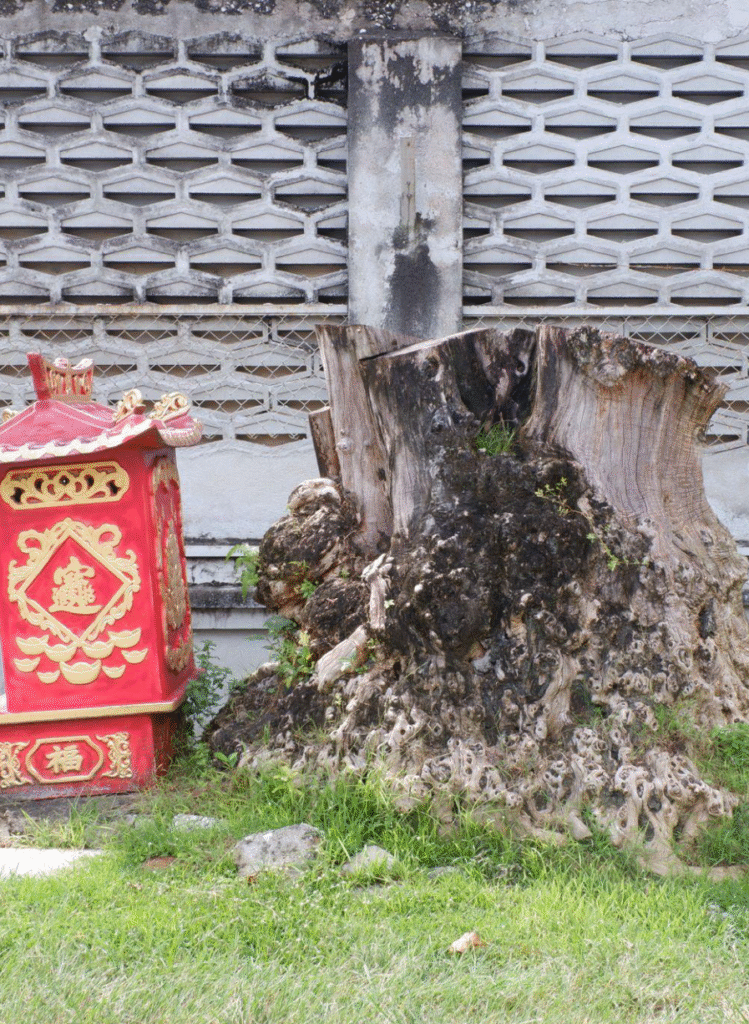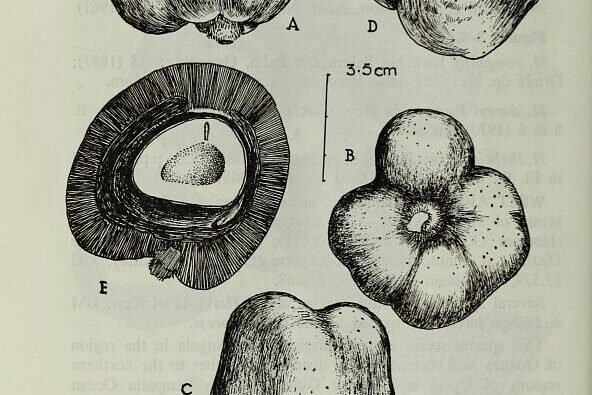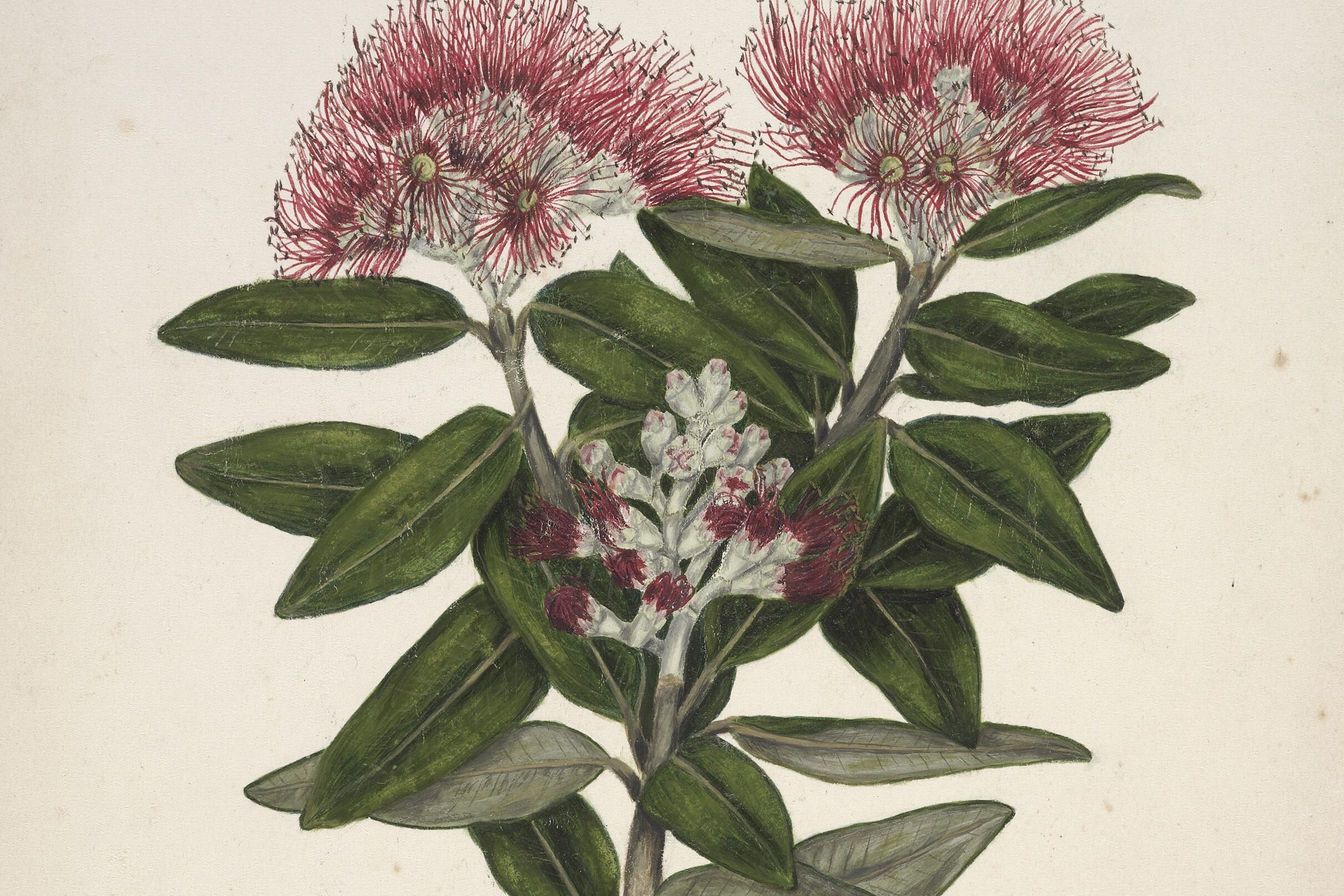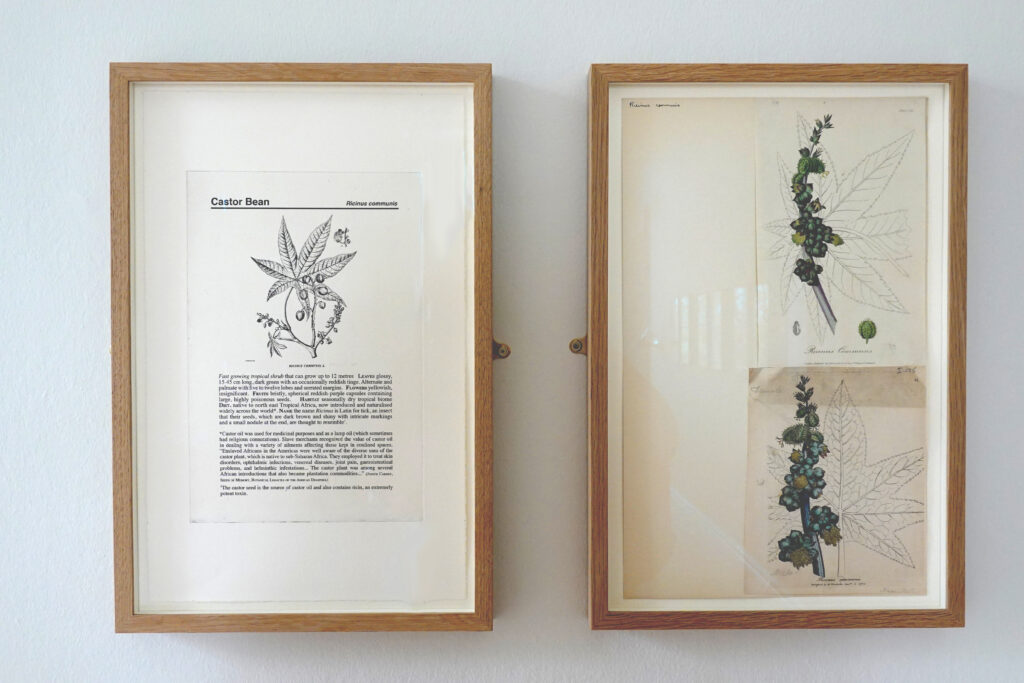
An active index of open conversations, practices and encounters on rethinking botanical collections
Weaving Art and Botany: On Representation
Because the illustration of plants on paper is a primary topic of interest as a study method in botanical collections and within the Plants on Paper group, an inquiry into the issue of representation is fundamental to our discussion on decolonising: How does representation create ways of seeing while undermining others? How does representation guide a reflection on historical narratives, politics, and cultural interpretations of botany? What do representation efforts foreground, and what do they help obscure or make invisible?
Movements and trajectories of botanical species
How do processes of extraction, collection, and transportation of species shape cultural, economic, and social realities around the globe? These contributions variously reflect on the institutional narratives that contextualize species outside their places of “origin,” the modification of ecologies and landscapes through the introduction and extraction of species, the cultural and economic transformations caused by industrial processes applied to Botanics, and how they reshape communities and trade systems.
Interconnections, folds, and collisions
How can we offer alternative readings or devise new ideas for activating existing archives and collections? Embracing decolonisation as a working horizon entails broadly inquiring into how we perceive and engage with the world. The following reflections approach alternative readings of collections, collecting practices, and scientific research via relational epistemologies. They rehearse notions of interconnectedness, criticality of notions of discovery, personal histories, ethnobotany, knowledge preservation, and epistemic networks. Finally, they reconsider the role of curators and collection keepers in transforming the way we understand collections at large.
Search
Plants on Paper
Encounters with archives, power and possibility
This publication is licensed under
CC BY-NC-SA 4.0
Some rights reserved
2025
